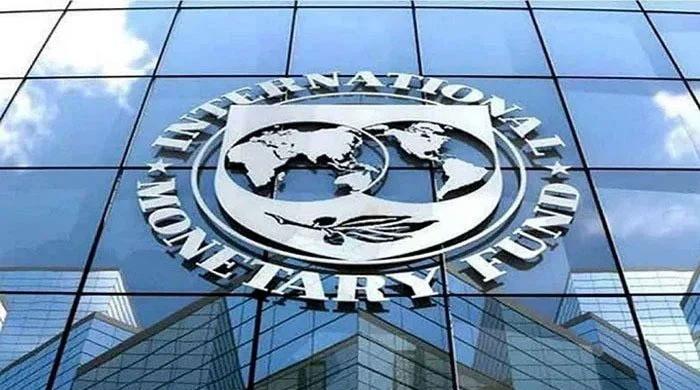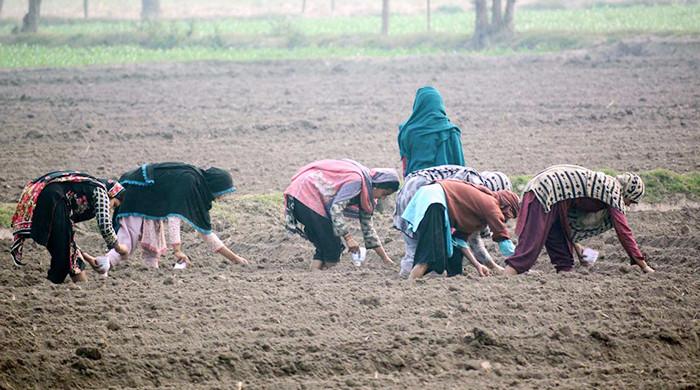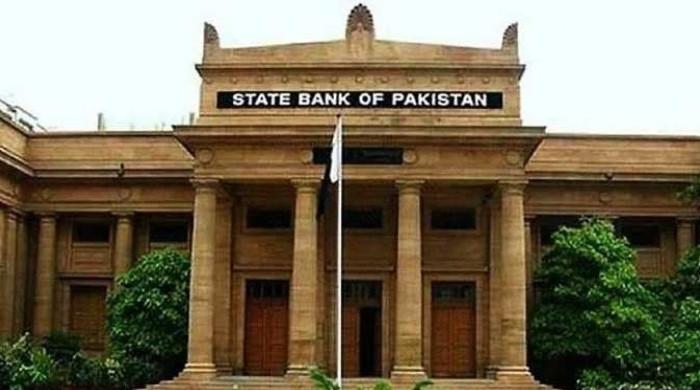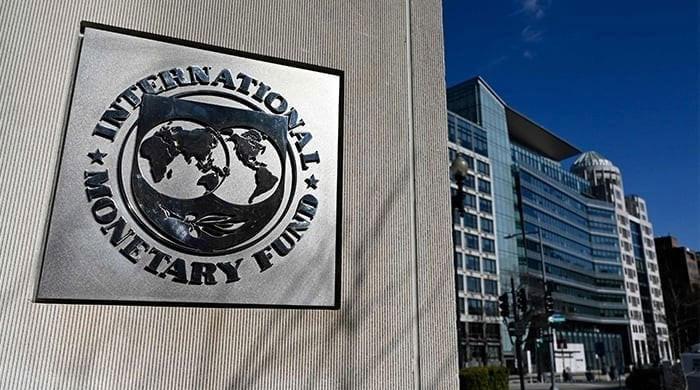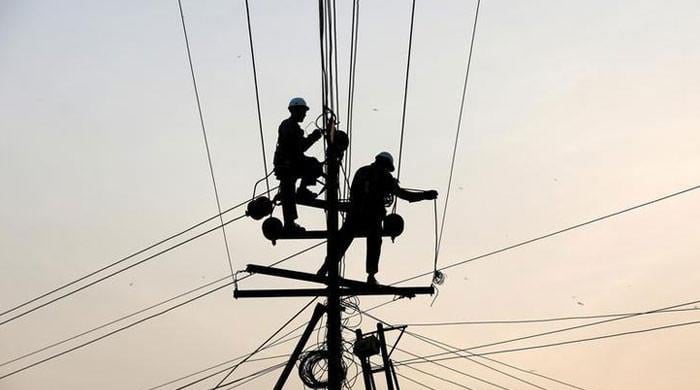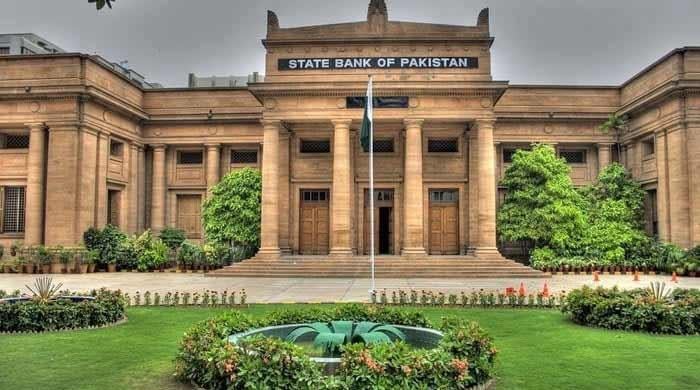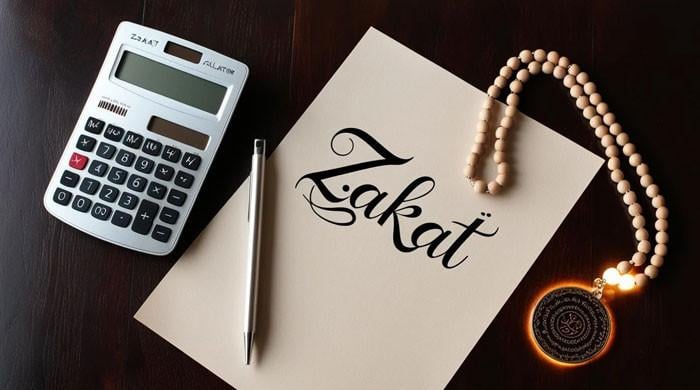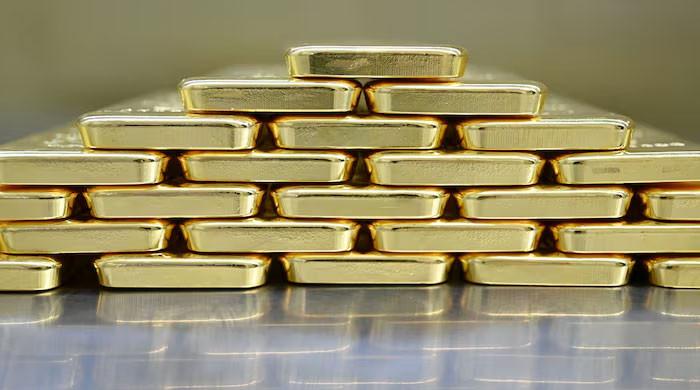Inflation spikes to 14-year high of 24.9% in July
The constant double-digit inflation in the country has adversely affected people’s purchasing power
August 01, 2022
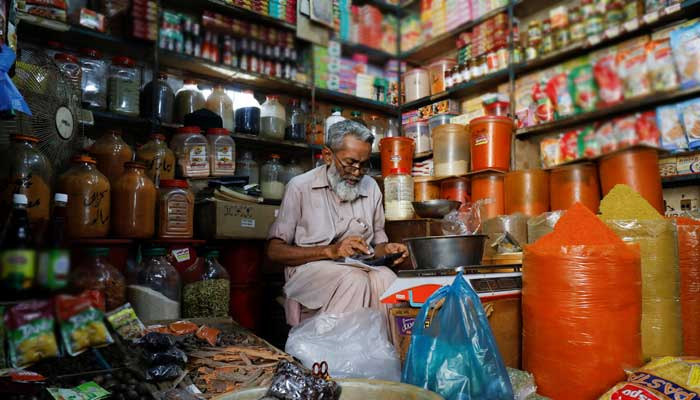
- On a month-on-month basis, inflation clocked in at 4.3% in July.
- Constant double-digit inflation has adversely affected people’s purchasing power.
- Economist says managing inflation beyond monetary tightening is a challenge for govt.
KARACHI: The inflation rate in the country soared to 24.9% in July — the highest pace in 14 years — because of exponential growth in the prices of perishable food and transport groups, the Pakistan Bureau of Statistics (PBS) reported on Monday.
On a month-on-month basis, inflation clocked in at 4.3% in the first month of the fiscal year 2022-23, compared to an increase of 6.3% in the previous month and 1.3% in July 2021.
According to the PBS, the CPI-based inflation rate jumped 23.6% in urban areas and 26.9% in villages and towns on a yearly basis. The constant double-digit inflation in the country has adversely affected people’s purchasing power.
The overall price growth remained in double digits because of an increase in the rates of food items, which were taxed by the last government.
Overall, out of 12 groups of various goods and services, the inflation rate for 10 of them remained in double digits. This indicates that the inflation web has spread across almost all commodities.
The prices of both non-perishable and perishable food products increased significantly last month. The food group prices surged nearly 29% in July in comparison with the same month a year ago. The PBS said the prices of perishable food items increased by 32.93%.
The inflation rate remained in double digits — which has eroded people’s purchasing power — due to an increase in the prices of food items and petroleum products. The pace of food inflation surged to 27.4% in cities and rose to 29.6% in villages and towns last month, according to the PBS.
Non-food inflation soared by 21.3% in urban areas and 24.5% in rural areas, according to the national data collecting agency.
Core inflation — calculated after excluding food and energy goods — jumped by 12% in urban areas and 14.6% in rural areas. Analysts say a continuous increase in core inflation is “alarming”.
Price of essential kitchen items rise
The prices of pulse masoor — an essential kitchen item — were higher by over 92% last month compared to a year ago, followed by an 89.48% increase in the rates of onions, and around 82% in various types of ghee and cooking oil, according to the PBS.
The prices of vegetables increased in a range of 20-40%, wheat by 45.02%, and rates of meat and chicken by over 50%, according to the PBS.
'Managing inflation beyond monetary tightening'
Speaking to Geo.tv, former advisor Ministry of Finance Dr Khaqan Najeeb said managing inflation beyond monetary tightening is a key challenge for the government to give relief to the people.
“In the short run, it is important to do vigilant supply-side monitoring of key food items to manage food inflation. The government must also ensure supply of cheaper fuels, ensure that there is no undervaluation of the rupee, and limit the rate of monetary expansion,” he suggested.
The economist said that serious work is to upgrade the productive capacity of Pakistan’s industry and agriculture sector if the country has to get a grip on inflation in the medium term.
“The government’s intervention must be limited to improve the functioning of markets. We must realise that state-owned enterprises are a drag on the economy and partly cause the high tariff due to their inefficiencies resulting in high inflation,” he said.
Meanwhile, Arif Habib Limited in its analysis predicted that the headline inflation is expected to remain elevated in the following months on the back of higher food prices (monsoon effect leading to supply side pressure) as well as tariff hikes.
“It is likely to remain in the double-digit in August as well, averaging over 18% in FY23 along with an increase in core inflation,” the brokerage house noted, recalling that in the monetary policy meeting held on July 7, the State Bank of Pakistan (SBP) increased the benchmark policy rate by 125 basis points to 15% (highest since March 1999).
A timeline of Pakistan's inflation history
Alpha Beta Core CEO Khurram Schehzad, taking to Twitter, shared a compiled list of the months when CPI-based inflation clocked in double digits and remained over 20%.
August 2008 — 25.3%
October 2008 — 25.0%
July 2022 — 24.9%
November 2008 — 24.7%
July 2008 — 24.3%
September 2008 — 23.9%
December 2008 — 23.3%
June 2008 — 21.5%
June 2022 — 21.3%
February 2009 — 21.1%
Jan 2009 — 20.5%
“By far, 2008-09 was the worst period,” he mentioned.




